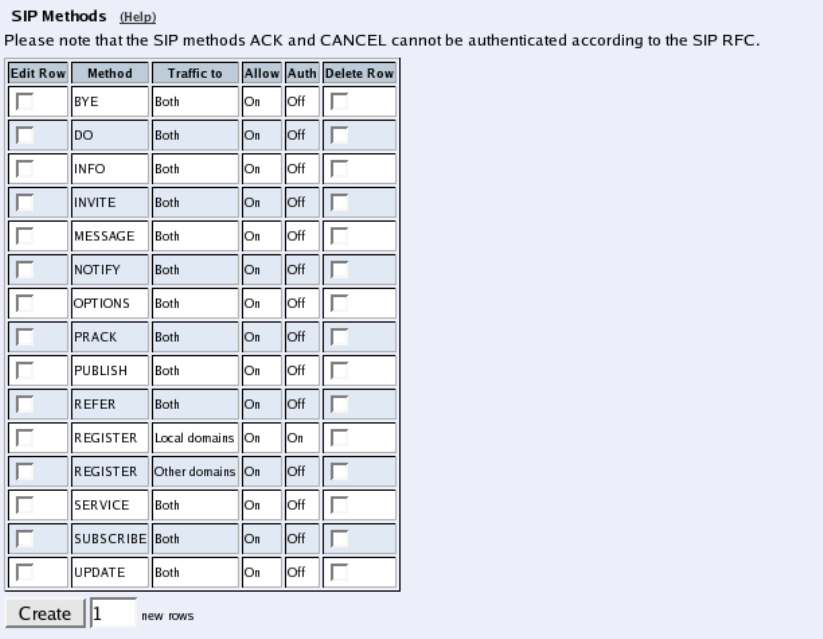
Chapter 9. SIP Traffic
SIP (Session Initiation Protocol) is a protocol for creating and terminating various media stream sessions over an IP
network. It is for example used for Internet telephone calls and distribution of video streams.
SIP takes care of the initiation, modification and termination of a session with one or more participants. The
protocol makes it possible for the participants to agree on what media types they should share. You can find more
information about SIP in appendix A, More About SIP, and in RFC 3261.
You find examples on how to configure your 3Com VCX IP Telecommuting Module for SIP in chapter 4, How To
Configure SIP.
The SIP module in 3Com VCX IP Telecommuting Module handles SIP requests for users who have registered on a
machine connected to the Telecommuting Module. The module forwards the request through the Telecommuting
Module, which enables users behind different network interfaces to make contact. The SIP module controls the
security rules to temporarily let through the media streams that the users agree on, on their assigned ports.
You must enter a DNS server and a Default gateway on the Basic Configuration page to make the SIP module
work satisfactorily.
These SIP functions are configured in the SIP Traffic section:
• Allowed SIP methods
• Routing of incoming SIP requests
SIP Methods
Enter the SIP methods you want to allow and/or authenticate. Methods that are not listed here will be blocked by the
Telecommuting Module.
Common methods are predefined (from RFC 3261). Note that the standard methods ACK and CANCEL can’t be
authenticated.
82


















